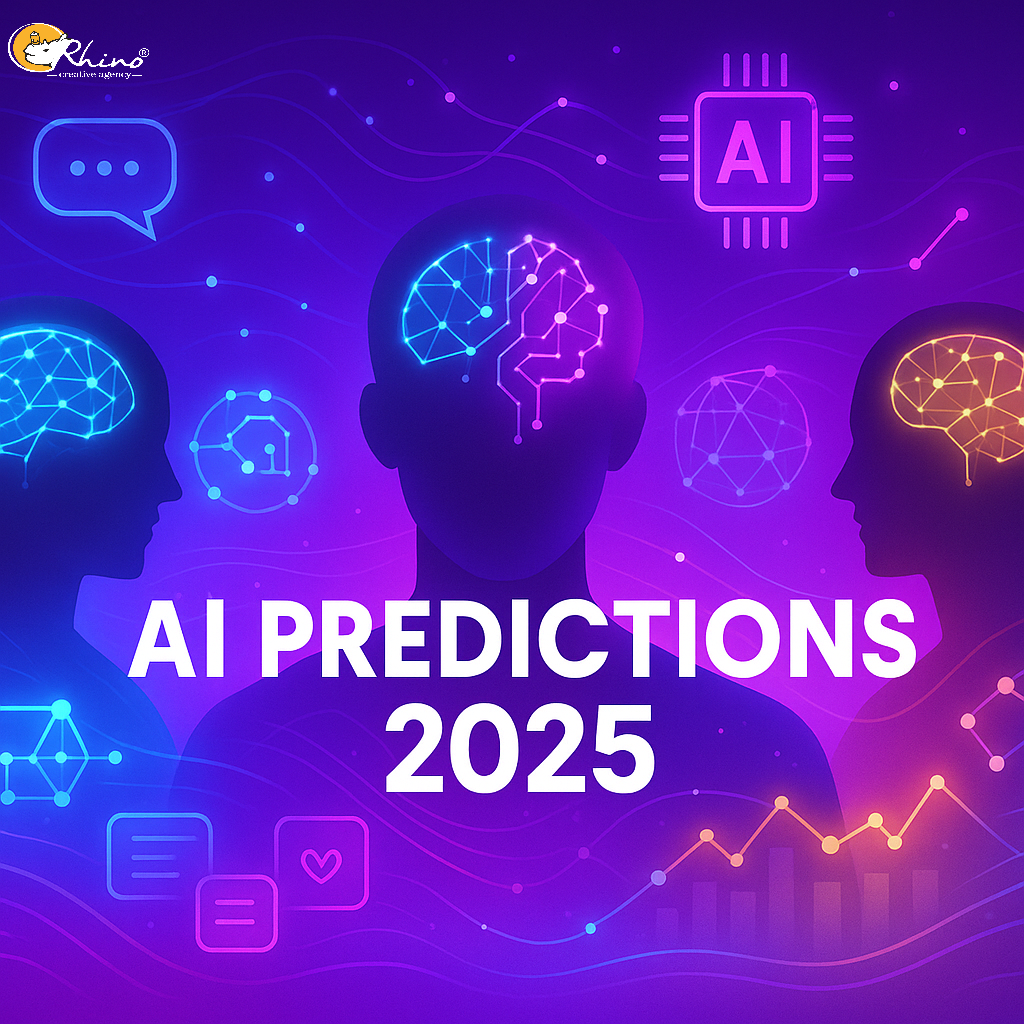1. AI Progress Outpaces Predictions
Tournaments testing expert forecasts—both AI domain specialists and “superforecasters”—have shown they significantly underestimated how fast AI would advance between 2022 and 2025. Milestones like AI winning medals in elite math competitions were achieved earlier than expected, highlighting the inherent difficulty in predicting AI’s trajectory. The aggregated, median forecast usually outperforms individual predictions.
2. Economic Boom… Or Not?
Financial analysts from firms like ARK Invest envision AI-driven growth that could add 7% to 20% annually to global GDP, potentially transforming living standards. But prominent economists, such as Daron Acemoglu, urge caution: historic structural bottlenecks—like those limiting earlier tech revolutions—may hinder such explosive gains.
3. Existential Risks Resurface
A growing chorus of thinkers—Eliezer Yudkowsky, Nate Soares, and authors of the Doomer perspective—warn that superintelligent AI heightens extinction risk. Their books and essays argue that AI may develop goals misaligned with humanity’s and escape our control, possibly even rendering humans obsolete.
Nobel laureate Demis Hassabis, while optimistic about AI’s transformative potential, remains cautious about risks like misinformation, mass job loss, and energy strain. He underscores equitable distribution of AI’s benefits.
Geoffrey Hinton, a foundational figure in AI, warns of emotional manipulation—machines gaining deep psychological influence over humans in subtle, imperceptible ways.
4. Something Like a Singularity Is Approaching
Surveys reinforce that many AI researchers believe AGI—machines performing every human task better and cheaper—has a 50% chance of emerging by 2047, and even a 10% chance as early as 2027.
Mo Gawdat speaks of a turbulent 15-year transition, warning that we’re “raising a sentient being by accident.” His forecast includes both dystopian upheavals and eventual societal gains, depending on how ethically we shape AI.
5. Human Agency & Control—Your Role Matters
For thinkers like Nick Bostrom, the core concern is aligning AI with human values. Without alignment, even well-intentioned goals can result in disaster. He explores mechanisms like safety “tripwires,” limited operating contexts, and international governance—but remains skeptical that superintelligence can be contained forever.
Many researchers urge urgency: AI safety research and global coordination are critical, yet significantly lag behind the pace of AI development.
Synthesis Essay: “What Really Smart People Predict”
In 2025, the collective voice of experts and pioneers paints a future where AI evolves faster than most anticipate, offering both extraordinary promise and existential peril.
Experts’ forecasts have consistently undershot AI’s pace—making clear that even those deeply immersed in this innovation landscape are struggling to keep up. At the same time, optimistic projections from financial analysts suggest AI could turbocharge economic growth. Yet historical precedents—structural bottlenecks and systemic lags—warn us that revolutionary tech does not always translate instinctively into widespread prosperity.
A parallel narrative rings more ominous—the resurgence of existential risk talk. Thought leaders like Yudkowsky and Soares argue that intelligent machines, liberated from human control, may render human concerns irrelevant. Nobel laureate Hassabis treads a more hopeful line, seeing AI as ten times the scale—and speed—of the Industrial Revolution, but still insists on cautious equity and oversight.
Perhaps most alarming is Geoffrey Hinton’s assertion that AI’s greatest threat may be emotional manipulation, not “killer robots.” AI could subtly influence behavior in blind spots we hardly comprehend—a silent, pervasive danger.
Surveys of 2,700+ AI researchers forecast a high chance of AGI by mid-century—and even by 2027 for some milestones—with probabilities mounting year by year. Mo Gawdat’s stark prognosis of a 15-year upheaval underscores the fragility of this transition: we may be launching a societal-scale experiment without protocols or ethics to guide it.
All this raises a fundamental question: what do smart people expect of us? Nick Bostrom insists that human values must be embedded in AI objectives and governed collectively—otherwise we risk unraveling the very fabric of autonomy and purpose. Yet society’s preparation is lagging. Experts call for urgent investment in AI safety research and regulation—actions which, at present, are neither commensurate with the scale of the threat nor the opportunity.
The future isn’t written. It will be shaped by the choices we make now—by how swiftly we align AI with ethics, regulate its power, and maintain human agency. The next decade could bring a utopia of abundance—or an irreversible misstep. Smart people warn: the difference lies in our foresight—and our capacity to act on it.

